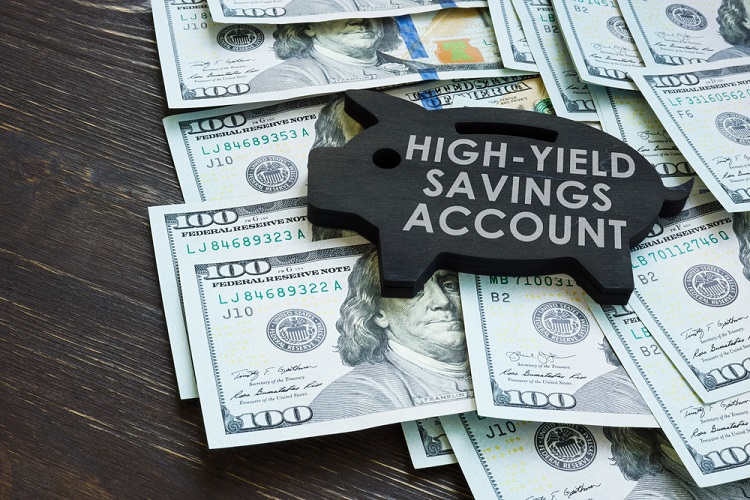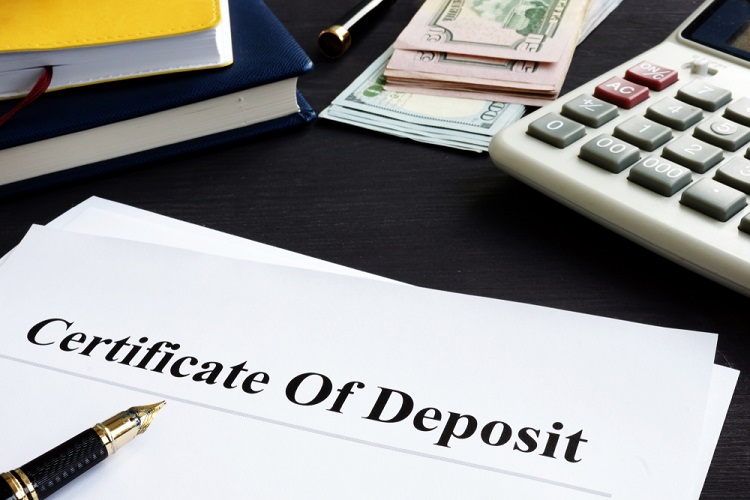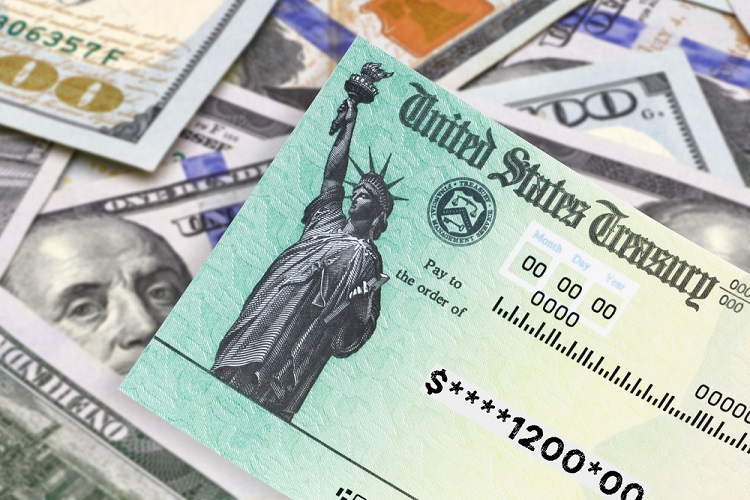Save Your Money In These 7 Places
So you’ve come into some extra cash. Maybe you received a significant raise at work. Or your inheritance from Uncle Charley just came through. Or maybe you sold your house for more (a lot more) than you were anticipating, and the money you made on the deal is burning a hole in your pocket.
Regardless of how you got the money, you’re wise to be thinking of how best to invest it. When making this type of a decision, it’s important to evaluate liquidity, if and when you’ll need to access the money and return on your investment. Here are seven investment options you’ll want to consider.

Money Market Account
Money market accounts don’t differ significantly from savings accounts, but they generally pay more interest. In addition, money market accounts allow you easy access to your money, which is safe if your banking institution is insured by the Federal Deposit Insurance Corp (FDIC) or the National Credit Union Share Insurance Fund (NCUSIF). On the downside, opening this type of account usually requires a minimum deposit, and may require maintaining a minimum balance if you want the best annual percentage yield (APY). As a money market account holder, you might also be limited in terms of monthly check writing and debit card transactions.

High-Yield Savings Account
It’s a clear distinction: The yields on traditional savings accounts are usually quite low–even as low as 0.01 percent APY–but high-yield savings accounts can earn more than 1 percent APY. Keep in mind, however, that should you need to access some of your savings account you might be restricted in terms of how many withdrawals or transfers you can complete per month. In all likelihood, you’ll also need to maintain a sizable minimum account balance to earn the higher available rate.

Real Estate, Stocks, And Gold
When it comes to investing, real estate is a viable option. For example, you could consider buying a home and then renting it out in order to supplement your annual income. But keep in mind that if mortgage interest rates are high, your profit will be decreased. And depending on inflation and how the economy is performing, the subsequent volatility of the housing market could make finding a suitable property difficult.
Stocks can possibly lead to high returns, but investors need to bear in mind that the market will inevitably have its share of ups and downs. The S & P 500 index fund includes the largest, globally diversified American source of companies offering stocks across nearly every industry.
Gold is another investing option, especially during difficult or unpredictable economic times. While some investors view gold investments as a safe place to park their money, others remain skeptical and tend to discount gold as a worthwhile choice for their investment dollars.

Checking Account
Placing your money in a checking account at an insured bank or credit union is considered safe, but this type of account doesn’t usually offer significant investment returns–if any. Checking accounts are a useful tool that provides easy access to your money (withdrawals can be made at any time, without any penalty). These highly liquid accounts usually come with ATM access, debit cards, and check-writing privileges. Fees are usually quite low or waived entirely if you maintain a minimum balance.

Certificate Of Deposit (CD)
Simply put, a CD locks up your money for a set term; should you decide to withdraw any or all of the cash early, you’ll be required to pay a penalty fee. Although opening a CD can be disadvantageous when interest rates have fallen, they can protect savers from declining interest rates because they allow you to store money at a fixed rate for a fixed term.

Treasury Bills
Most savings and checking accounts, CDs, and money market accounts offer deposit insurance up to $250,000. But if you’re looking to set aside more than $250,000, consider U.S. Treasury bills (T-bills), which are federal, short-term debt obligations with a designated maturity of one year or less. The longer the maturity period, the more interest earned. T-bills are generally easy to purchase and sell, plus there is virtually no risk of losing principal since they are a debt owned by the U.S. government. Sold to investors for less than face value, T-bills are available through a broker, an investment bank, or at auction on the TreasuryDirect site.

Short-Term Bonds
Unlike Treasury bills, short-term bonds don’t protect the principal, which means that when you withdraw your money you could find that you didn’t gain anything in interest and that you lost some of the principal. How so? Bond prices typically fall when interest rates rise, and the longer the duration of a bond, the more likely it will be affected by rate fluctuations.
